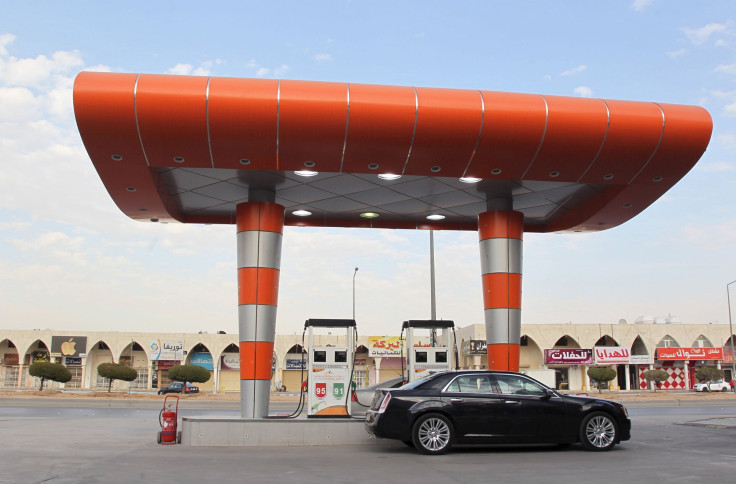Davos 2016: United Arab Emirates Wants To Eliminate Energy Subsidies For Oil And Gas

United Arab Emirates Energy Minister Suhail Al Mazroui said his country is exploring options to discontinue subsidies for oil and gas sold to energy-generating companies, according to GulfNews.com. His suggestion that the UAE steer away from subsidies was made at the World Economic Forum in Davos, Switzerland, which is an annual international meeting of world and business leaders.
“Consumers need to pay the real price. They already do so for petrol and diesel, and electricity is still to come, and we will look at the subsidized sale of gas to power providers,” Al Mazroui said during a meeting on economic reforms in the Arab world. Consumers, he said, would not feel the strain too greatly by the revoked subsidies, and only higher-level energy consumers would be affected.
During the meeting, Al Mazroui indicated that U.S benchmark prices — at between 12 to 15 cents per kilowatt hour — would be attained after revoking subsidies. Once that cash buffer were removed from the equation, he said, energy providers would also be able to switch to using oil as an energy source.
But removing the UAE energy subsidies is part of a broader strategy, he said, of reducing the country’s dependency on oil revenue.
“Since its inception the UAE has sought diversification from oil, and even though oil revenues will always be there, we need a vibrant economy independent of oil,” Al Mazroi said.
The UAE relies heavily on oil production. According to the OPEC website, roughly 40 percent of the country’s gross domestic product comes from oil and petroleum. In fact, the discovery of oil in the country is largely responsible for its emergence as a modern nation.
The UAE also announced recently that it planned to increase its oil production as prices have been dropping. It is the sixth-highest producer of oil in the world.
© Copyright IBTimes 2025. All rights reserved.






















